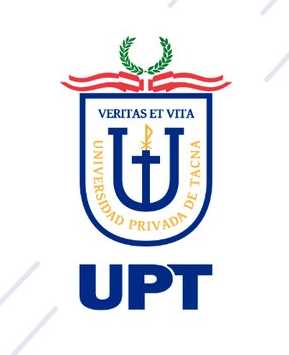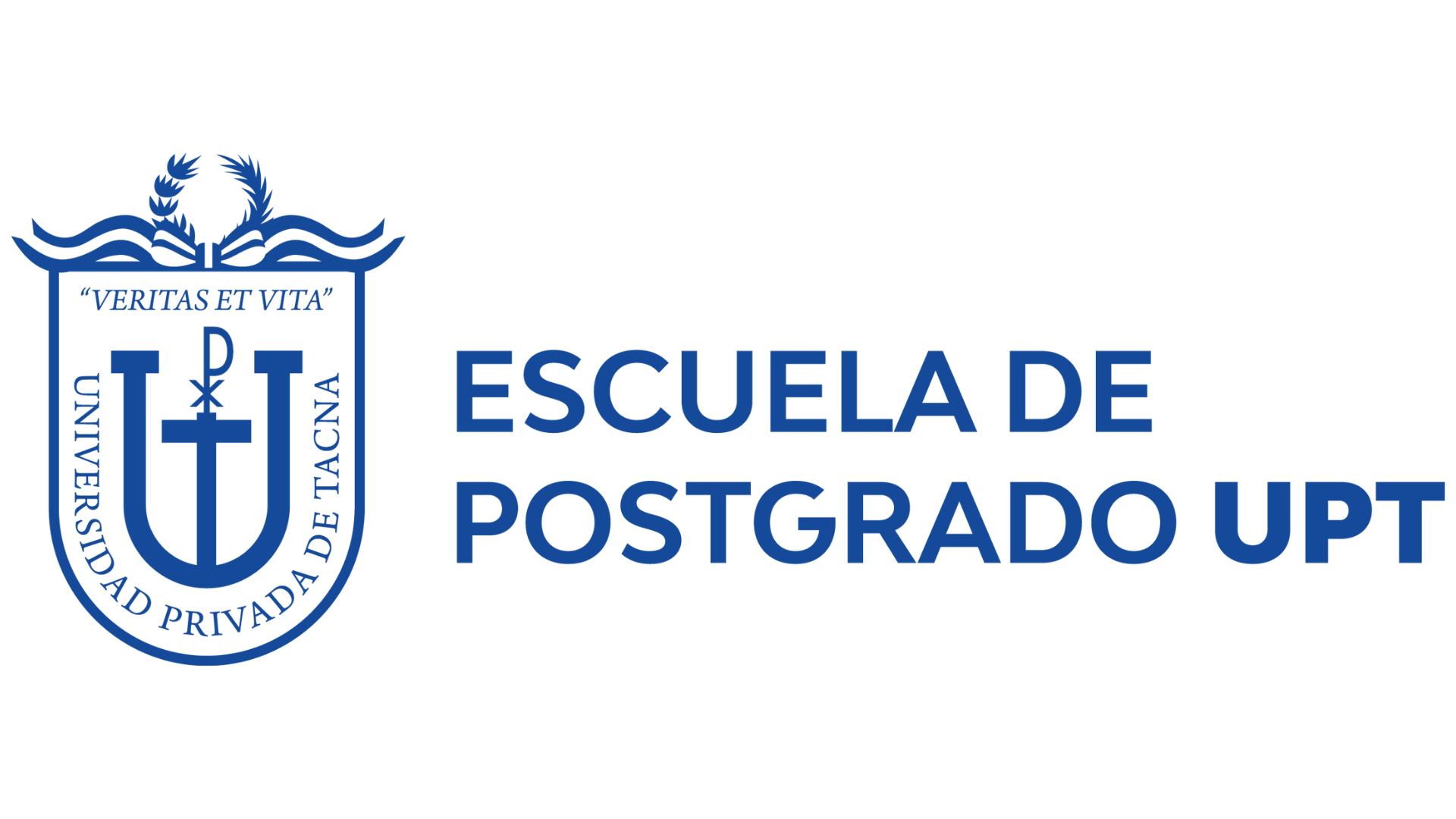Editorial
VERITAS ET SCIENTIA
DOI:
https://doi.org/10.47796/ves.v7i1.19Palabras clave:
EditorialResumen
VERITAS ET SCIENTIA, es una publicación de la Escuela de Postgrado de la Universidad Privada de Tacna, se publica desde el año 2012, semestralmente sometida a arbitraje editorial y revisión de sus artículos por pares de distinguida trayectoria investigativa, académica y profesional y que a partir del VOL. 7 N.- 1, correspondiente a Junio del 2018, se publica en la plataforma de Open Journal Systems.
Open Journal Systems (OJS) es una plataforma de publicación y gestión de revistas en línea que se lanzó por primera vez en 2002, como software de código abierto distribuido libremente por Public Knowledge Project (Willinsky, 2005). El software se desarrolló como parte del Public Knowledge Project programa de investigación en la Universidad de Columbia Británica (UBC) en Vancouver, Canadá, bajo la dirección de John Willinsky, con la participación posterior de la Biblioteca de la Universidad Simon Fraser, el Centro Canadiense de Estudios en Publicaciones y la Universidad de Stanford. OJS fue programado originalmente por estudiantes universitarios de informática en UBC, dirigido por Kevin Jamieson, con una beca de investigación del Consejo de Investigación de Ciencias Sociales y Humanidades de Canadá que buscaba explorar la viabilidad y las consecuencias de ayudar a las publicaciones impresas a publicar su contenido en línea. OJS se diseñó para gestionar el flujo de trabajo de la revista, desde la presentación del manuscrito hasta el trabajo editorial y luego la publicación, al tiempo que ofrece un medio para publicar una edición en línea y administrar mejor los costos operativos de la revista (Willinsky, 2006).
Este sistema se desarrolló dentro de un clima de preocupación entre los editores de revistas y el personal sobre los costos y medios de pasar de las ediciones impresas a las electrónicas, así como a la viabilidad de los modelos de acceso abierto (por el cual, por ejemplo, los autores ponen los artículos a libre disposición en repositorios institucionales en línea y las revistas hacen que sus contenidos sean de acceso libre para los lectores). OJS es solo uno de una serie de sistemas de administración de revistas de código abierto (ver Cyzyk & Choudhury, 2008, para una revisión de sistemas comparables). Está siendo utilizado por aproximadamente 5,000 revistas, ha tenido 19 versiones de actualización desde que se lanzó por primera vez en 2002, y ahora está disponible en 20 idiomas. En este tipo de revistas se distinguen dos factores estrechamente relacionados. En primer lugar, el acceso abierto es vital para su participación en esta circulación mundial de conocimiento. En segundo lugar, Internet y el software de código abierto posibilitan el acceso abierto a este conjunto de publicaciones, lo que ha reducido los costos de publicación y distribución.
En Conclusión, Open Journal Systems representa el efecto que las herramientas de código abierto pueden tener en la publicación de revistas, facilitando la revitalización de revistas revisadas por pares publicadas por académicos que se producen a escala global y están disponibles universalmente. Establece el grado en que las revistas que implementan OJS pueden considerarse parte de una serie más amplia de experimentos de la era digital en comunicación académica, que incluye no solo acceso abierto sino datos abiertos, archivos abiertos, software de código abierto e iniciativas de instrumentación de investigación abierta (Atkins et al., 2003). El compromiso de la comunidad académica con esta apertura de investigación y becas se refleja en el trabajo adicional que se requiere para garantizar este nivel de apertura, que a menudo implica nuevos sistemas para la gestión de la comunidad académica. Refleja entre una porción creciente de esa comunidad un sentido de responsabilidad y el valor de compartir lo que se aprende. La prioridad dada a este intercambio refleja una de las propiedades intelectuales de este trabajo, que lo distingue, estamos tentados a concluir, de otras formas de propiedad intelectual.
Dr.Cs. Noribal J. Zegarra Alvarado
Director ESPG – UPT
Editor












